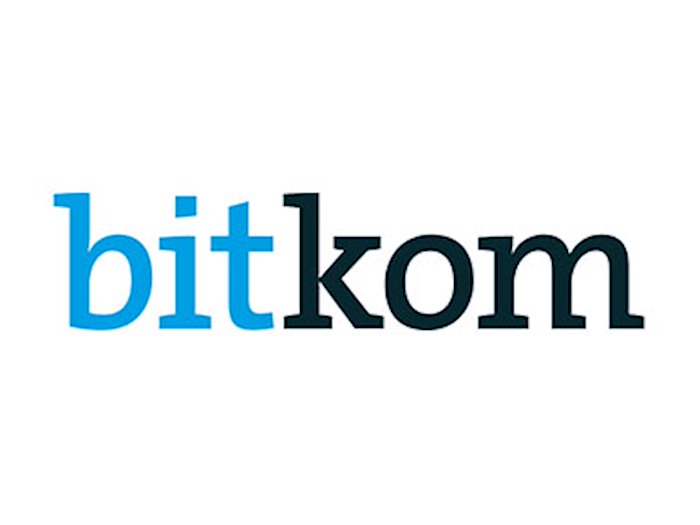
“Germany’s digital economy stands for innovation and internationality, for an open society, global exchange and permanent change. The digital economy develops technologies that connect people around the world, overcome borders and promote the emergence of a global community,” emphasizes Bitkom President Dr. Ralf Wintergerst.
The Bitkom paper examines the specific substantive positions of the AfD and its leading representatives in six policy areas and classifies them in terms of their potential impact on the digital economy. It looks at the topics of immigration, the internal market, education, sustainability & climate protection, technology & innovation and digital sovereignty, which are particularly important for Bitkom companies. For example, the shortage of IT specialists would worsen massively under the AfD’s policies. There would already be a shortage of 149,000 IT specialists in Germany by 2023. This gap cannot be closed without immigration. “Almost 1.4 million people from all regions and countries work in Germany’s IT and telecommunications companies. 180,000 people are of a different nationality, 70% come from outside the EU. They are indispensable for digital Germany. Diversity makes us strong,” says Wintergerst. “If we want to keep pace with the leading innovation hubs such as the USA and China, we need to attract the best IT specialists in the world to Germany. These people can choose where they work – we apply to them, not the other way around. This means that Germany must not only be highly attractive as a business location, but also as a place to live. We must live and promote a welcoming culture and diversity.” Anyone who discourages or deters these people is massively damaging the digital economy and ultimately all companies that use digital technologies – and their workforces.
The German digital economy is also very concerned about the denial of man-made climate change. “Turning a blind eye to this deprives us in the economy of opportunities,” says the paper. “From a scientific perspective, it is undisputed that we need to develop the way we live, do business and work in a climate-friendly way.” The aim is to fully harness the potential of digital technologies for climate and environmental protection while promoting prosperity across society. The AfD’s positions on education are also at odds with the needs of German companies. In its European election manifesto, for example, the AfD explicitly opposes “efforts to digitalize teaching in general”. Bitkom and its companies, on the other hand, are in favor of a modern education system that naturally includes digital teaching and learning methods. Schools have the task of comprehensively preparing young people for shaping the world we live in and its challenges. “In the digital world, media literacy and digital skills are just as important as the traditional school education canon,” emphasizes Bitkom President Wintergerst.
The AfD’s calls for an exit from the EU, its fundamental aversion to technology and innovation and its call for EU member states to become self-sufficient are also firmly rejected by companies in the German digital economy. Bitkom President Dr. Ralf Wintergerst: “A backward-looking policy that seeks to decouple Germany from global developments in the digital economy and erects borders where we need openness is a massive threat to Germany as a business location. We must maintain and increase the competitiveness of the German economy and at the same time improve participation in the digital society for everyone in Germany. This is what Bitkom and its 2,200 companies stand for.”
– – – – –
Further links
👉 www.bitkom.org
👉 Position paper “Classification of the AfD’s positions from the perspective of the digital economy”
Photo: pixabay



